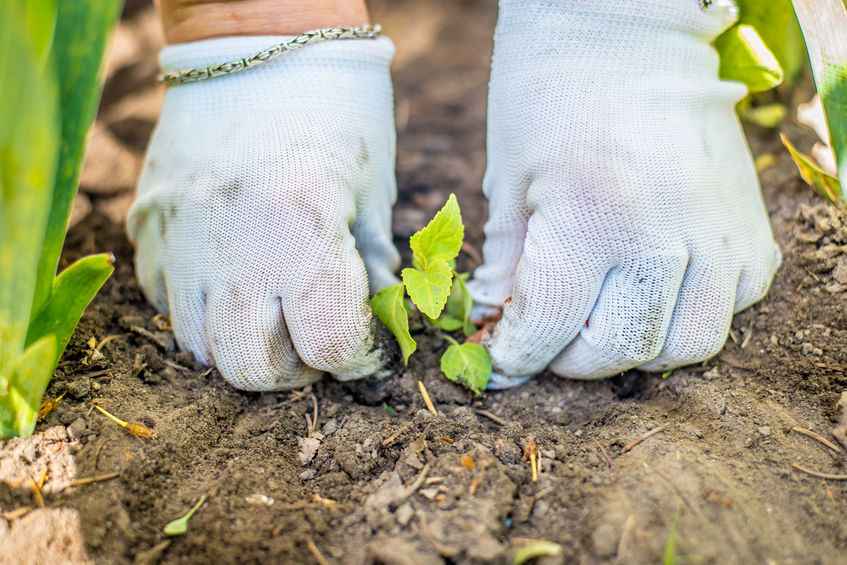
A leading research charity is inviting farmers to participate in a new project which is investigating how to maximise the performance of crop mixtures to improve yields while reducing the reliance on inputs.
The EU-funded project, called DIVERSify, has been established to investigate the design of innovative mixtures of crop species to improve the performance of crop yields while reducing pest and disease damage.
The project consortium of 23 EU and International partners is co-ordinated in the UK by the James Hutton Institute. Other UK partners are the Organic Research Centre (ORC) and Linking Environment and Farming (LEAF).
Dr Bruce Pearce from the Organic Research Centre said: “It is estimated that we will need a 70% growth in food production by 2050 to feed the rapidly increasing global population. Although crop yields increased post 1950 through agricultural advances and farming inputs, these are now starting to plateau.”
Intercropping with plant teams is the concept of growing two or more crops together in the same space and time, such as growing a barley with a pea mixture or winter beans with wheat or undersowing a combinable crop with clover mixtures.
These plant teams can interact in a way that increases their fitness and yield and they become beneficial to each other rather than competing for resources.
Intercropping of compatible plants encourages biodiversity by providing a habitat for a variety of insects and soil organisms that would not be present in a single crop.
Organic Research Centre explains that this not only improves soil quality, yields and farm income it also reduces the need for pesticides and fertilisers.
Growing crops sustainably
Dr Pearce explains: “We are now facing increased pressure and challenges to grow crops more sustainably with fewer inputs, while ensuring that crop production comes with minimum environmental damage.
“There could be huge benefits to be gained from this new research. Cereal/legume plant teams have the potential to produce 30% higher yields on average compared to monocultures. Combined with reduced off-farm inputs and higher yield stability, this can result in higher incomes and lower risks for farmers.”
Farmer participation forms a major element of the project and funding is available to support involvement in return for contribution to the project.
Farmers taking part will be invited to trial their own mixtures and compare these to a nearby monoculture and submit basic crop performance data. They will also establish their own mixtures and demonstrate the benefits to peers through on-site demonstration days.
Those participating in the project will be asked to devote a suggested minimum area of 2,000m² to their plant team. This area could be a stand-alone plot or strip within an existing crop. However, this must be positioned near to an area of monoculture for comparison.
